Readers mostly back expulsion vote

Swiss voters approval of an initiative to expel criminal foreigners has provoked a flood of comment, mostly supporting the plan.
It was a black day for some while for others it was a day of glory. Those who provided feedback to swissinfo.ch on the initiative, launched by the centre-right Swiss People’s Party, were in no mood for arguing.
Supporters and opponents took part in the debate with very clear positions and, depending on the language they used to write in, supporters of the initiative were in the clear majority.
In English, about 90 per cent of the feedback backed the expulsion of foreign criminal, a trend that was mirrored in French, Arabic and German.
The debate was more divided in Spanish and Italian, while there was not one reader who supported the decision in Portuguese.
“I am in favour of every foreigner in Switzerland who commits a crime being expelled… forever!” commented an Iraqi refugee living in the country. It was a radical position to say the least but illustrates the majority of reactions from those who did not perceive the initiative as discriminatory.
“If you have a clear conscience, what is there to worry? It is about time we stopped cuddling the criminal element,” questioned a reader in English.
Broad spectrum
The People’s Party plan attracted a broad spectrum of followers, including those outside party ranks. “I applaud this result, although I’m not on the right,” a Swiss living in England wrote.
For many readers it is justifiable to severely punish foreigners residing in Switzerland. “They [the Swiss] are right to vote against criminals living in their country. In fact, an immigrant who wants to play the fool in this lovely country is the equivalent of a cruel devil,” a Lebanese commented in Arabic.
One foreign woman who’s lived in Switzerland for almost 15 years argued in French that “the people who work and adapt to the country [Switzerland] which receives them are welcome, whatever their nationality or religion”.
This separation between the foreigners who integrate and are able to adapt, and those who do not respect the law, is noticeable in the majority of commentaries.
“I know plenty of people who feel this result will have no effect because they are “super guests” who would also be welcome in my house,” wrote a reader in German.
Define boundaries
Oscar Mazzoleni, a political scientist and expert on the rightwing, sees this reaction as a need to define boundaries in a society that is losing its bearings.
“The debate about the criminal foreigner creates a marker between those who do not respect the law and who fail to integrate into [Swiss] culture or respect the country’s way of life, and the others.”
Mazzoleni emphasizes that the initiative which proposes a mix between way of life, culture and the law, puts the criminal and the foreigner in the same pot.
In Switzerland, the possibility given to the people to have the final word seems to arouse envy, particularly in neighbouring countries, as is evident from this comment. “Thanks to Switzerland for its direct democracy. Yes, I agree with this vote. I demand the same thing in France…”
The following feedback is in the same vein. “Bravo Switzerland. Hats off to you! Here in France we are fed up with daily attacks and with this atmosphere that’s like the inquisition when it comes to blowing the whistle on crimes committed by migrants.”
Scared sheep
For some readers, that went too far. “There’s no point in deluding ourselves. The People’s Party doesn’t give a hoot about Switzerland or its people. What interests it is gaining political power by using all the populist actions it can and making people follow like scared sheep,” a Swiss from the western part of the country wrote.
“I am ashamed of being Swiss and living in a country which was a haven of peace and which is now slipping towards the extreme right. Who is foreign? A child born in Switzerland and only knows this country but not that of his parents? Why should he be treated differently from those born in Switzerland with Swiss parents? Do you think that’s equality?”
There were many shocked, indignant and offended reactions to the vote, like the above in French that emphasise the stigmatising aspect of the initiative.
Even if he has no crystal ball, political scientist Mazzoleni believes that the issue of foreigners will probably remain high on the agenda in the coming years.
The reason is that this vote represents a major opportunity for the People’s Party. It will contribute once again to making foreigners, asylum seekers and those who have become naturalised a “problem” recognised as such by a part of the population. And the People’s Party will appear to be responding to it.
“The expulsion of foreigners of course won’t be valid for those who commit offences with the help of the Swiss banks,” commented a Swiss from the German-speaking part of the country.
Another reader summed it up this way: “On the one hand Switzerland wants to expel from its territory murderers, thieves and dealers, but it accepts dictators, Mafiosi and super rich businessmen with open arms.”
The party wants systematically to expel foreigners convicted of a variety of crimes, in particular murder, rape, but also robbery, drug dealing or abuse of the welfare system.
Those expelled would be banned from entering Switzerland from five to 15 years, or even 20 in the case of repetition.
Although Swiss voters decided to accept the initiative, it will be the government’s task to adapt the text to put it into force. It currently violates some of Switzerland’s international obligations.
In particular, it violates a number of arrangements that are contained in the treaty on the free movement of people signed by Switzerland and the European Union.
The initiative was accepted by 52.9% of those Swiss who voted.
Only six cantons rejected it: Geneva, Vaud, Jura, Neuchâtel, Fribourg and Basel City.
A counter-proposal to the initiative was rejected by 54.2 % of voters.
All the cantons rejected it.
The article is based on a sample of comments posted on the different language sites of swissinfo.ch.
It has no scientific value because the comments were not analysed on a statistical basis.
(Translated from French by Robert Brookes)

In compliance with the JTI standards
More: SWI swissinfo.ch certified by the Journalism Trust Initiative

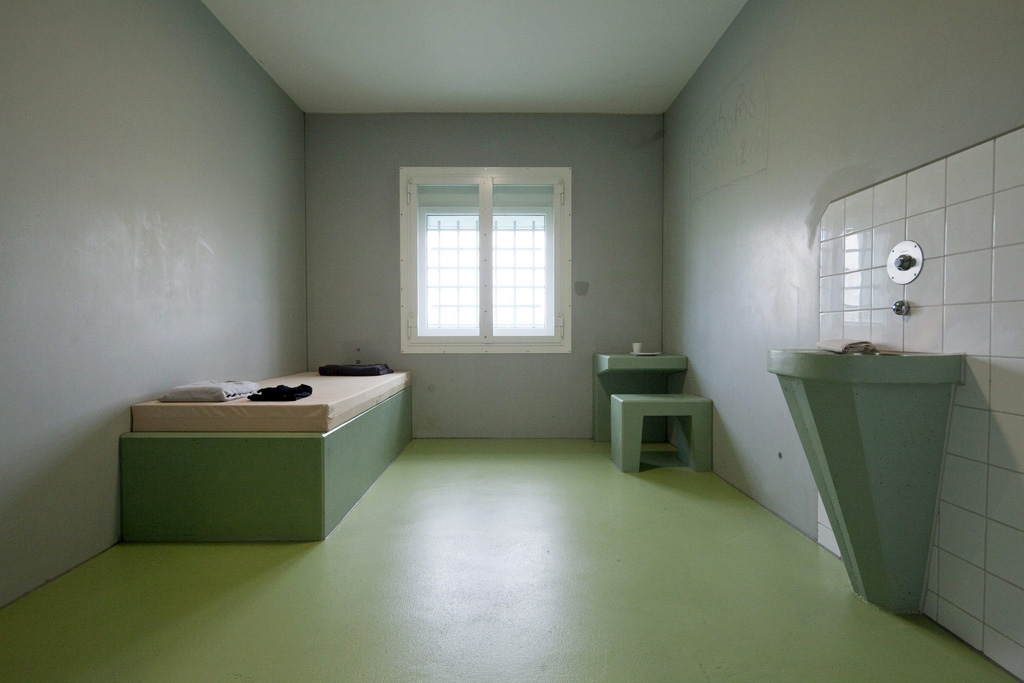
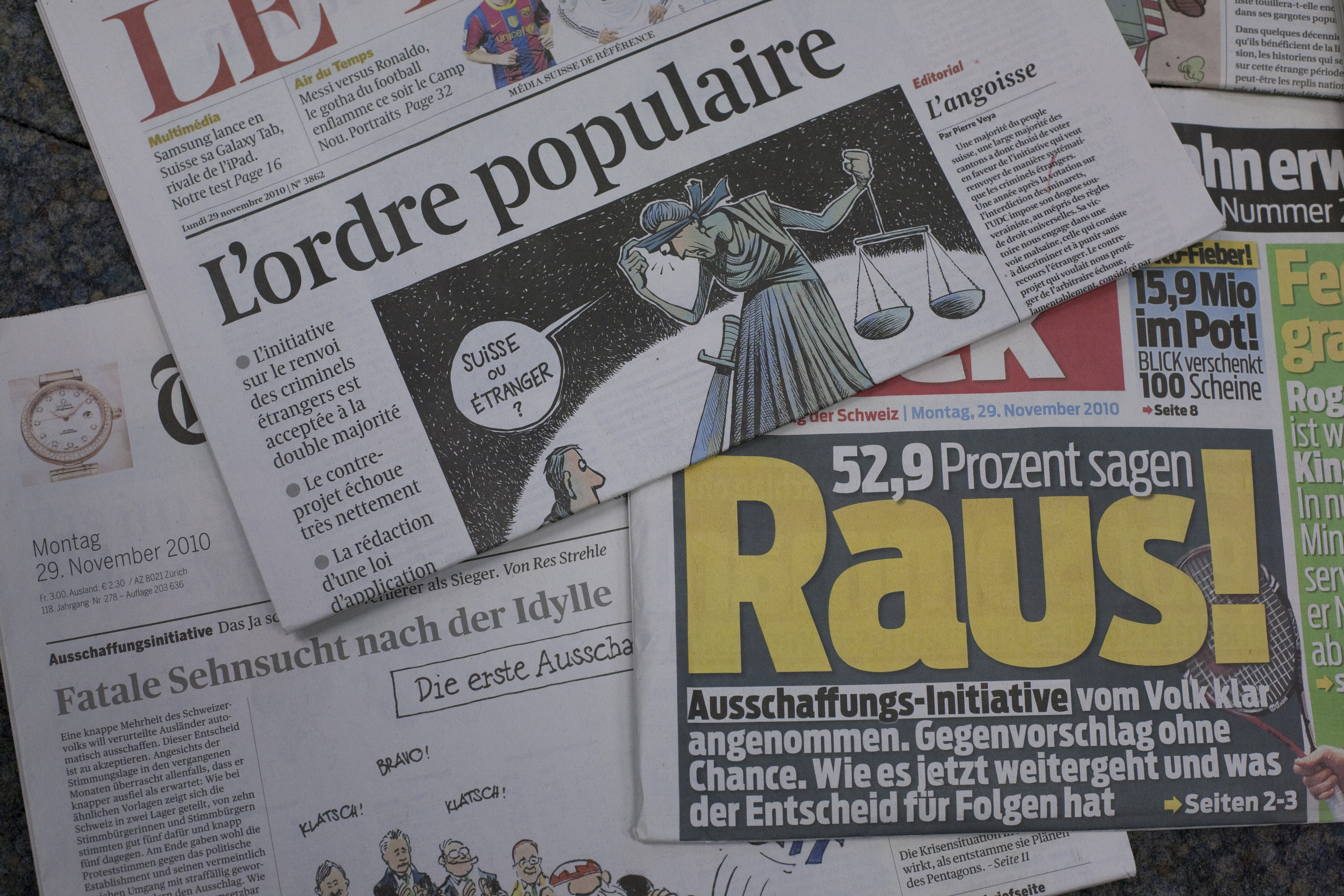
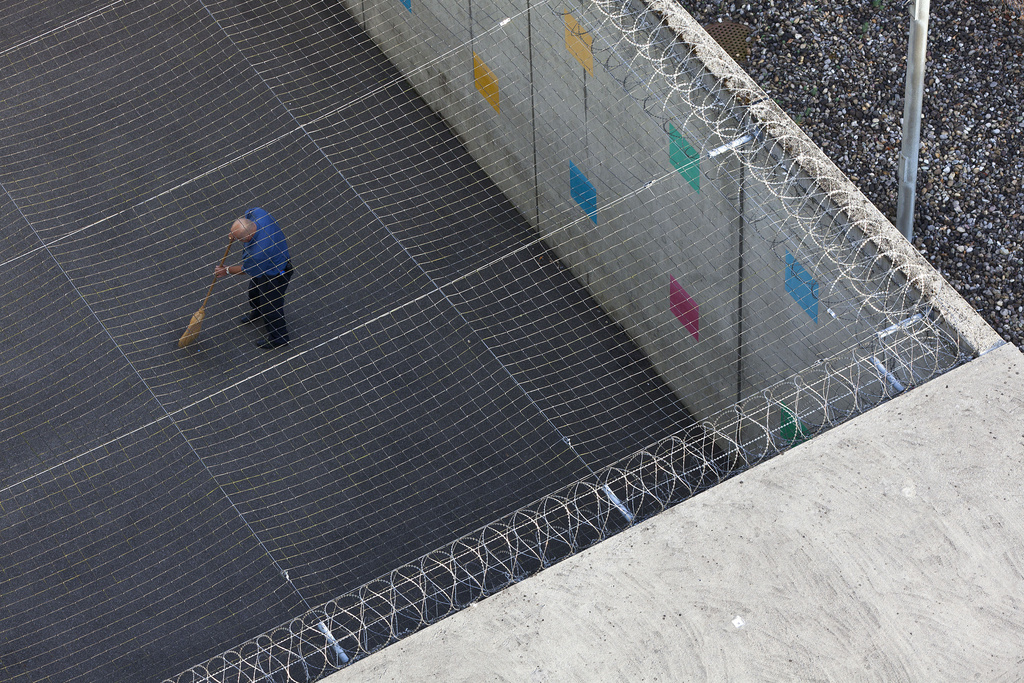
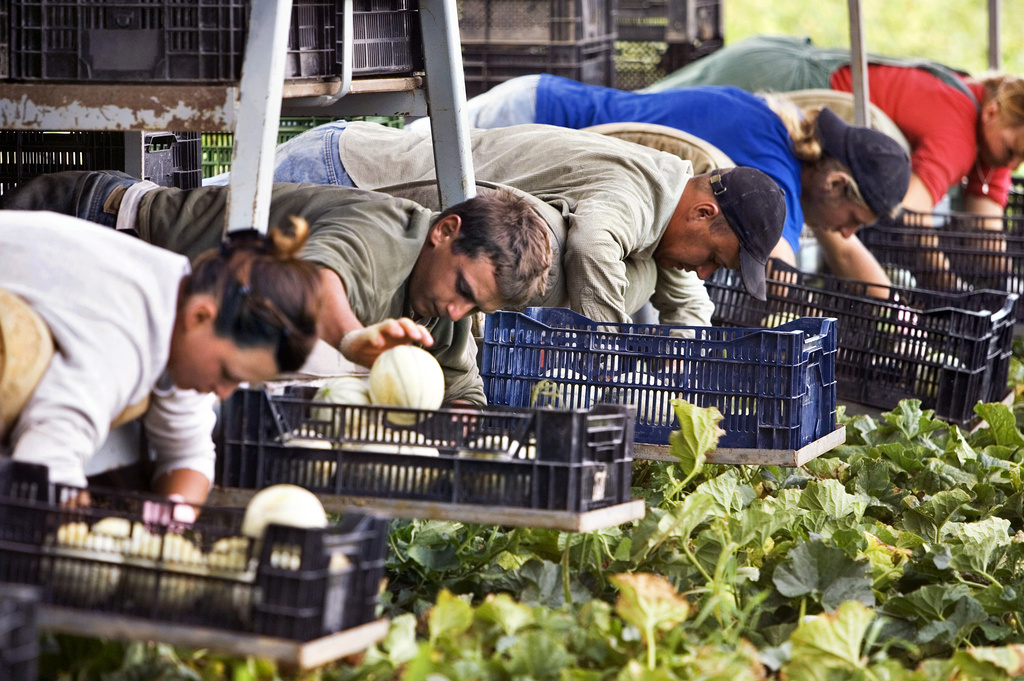
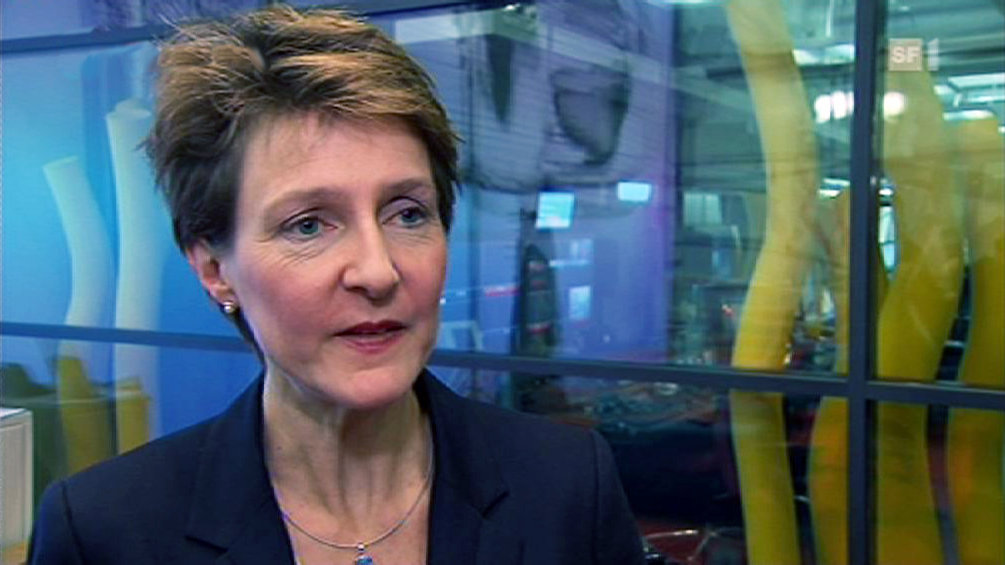
You can find an overview of ongoing debates with our journalists here. Please join us!
If you want to start a conversation about a topic raised in this article or want to report factual errors, email us at english@swissinfo.ch.